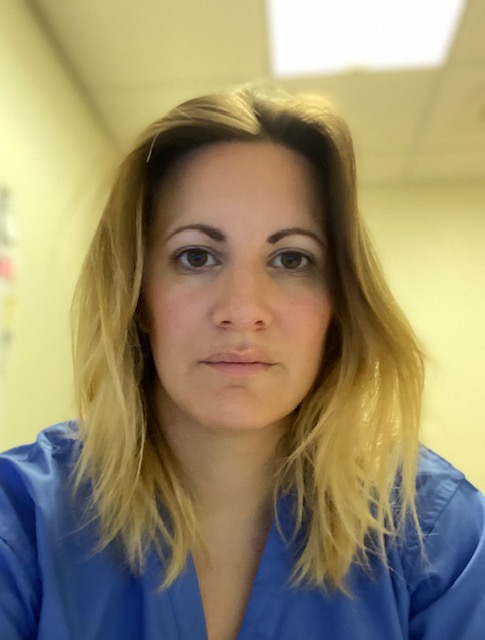Health Education England’s Centre for Advancing Practice has created new regional roles to disseminate national practice down to regional level.
Policies, governance strategies, and support networks across each of the seven regions, will be developed through the new regional faculty leads. Educational standards and accreditation from higher educational institutions will be the focus as well as workforce transformation and development.
Katie Cooper is the new Regional faculty lead for advancing practice in the East of England, based in Norfolk. She has a strong interest in advanced clinical practice and is excited about the challenges that this new role will provide her personally, but also the increased support this role will provide all Advanced Clinical Practitioners (ACPs). Firstly, who is she?
‘I became an Advanced Radiographer (Gynaecology) at Norwich and Norfolk Hospital in 2010, and then developed into my consultant brachytherapy post in 2016. I have continually developed my role following the SCoR guidance covering the four pillars of advanced and consultant practice, and have had amazing support from the consultant oncologists which has enabled me to increase my scope of practice; implementing new treatment techniques and pathways and improving patient care’.
‘As vice chair of the NNUHFT Specialist Practitioner forum, I was tasked with developing the Trust’s advanced practice governance document. The work looked at standardising minimum capabilities, role development, job planning and job descriptions across all professions, not just therapeutic radiographers, and the governance of these roles throughout the Trust.’
Katie’s new role is mainly focused on workforce transformation, with the regional teams aiming to provide a more consistent and robust approach to the overarching governance, development and management of current ACPs, aspiring ACPs and the management teams across the region. The aim is to increase sustainability and transferability, and enable effective workforce planning. For example, she says, it is well known that there are workforce shortages across many professional groups, such as oncologists, GPs and radiologists. ‘There's no reason why, with the appropriate competencies and supporting education that advanced practice posts can’t develop and undertake some of the roles traditionally undertaken by these professionals. having the potential to streamline patient pathways, reduce waiting lists, and improve patient care.’
In all, Katie hopes to showcase the work already being done by ACPs and develop these roles across all professional groups within the region. ‘I think the one positive of coronavirus is it has broken down traditional barriers because we've had to change the way that we work and adapt. The pandemic has been able to show how effective and how flexible ACP roles can be to ensure that treatments are delivered. I think we are in an ideal place to make a huge difference to workforce transformation and improve the care that we provide patients and their families.’
